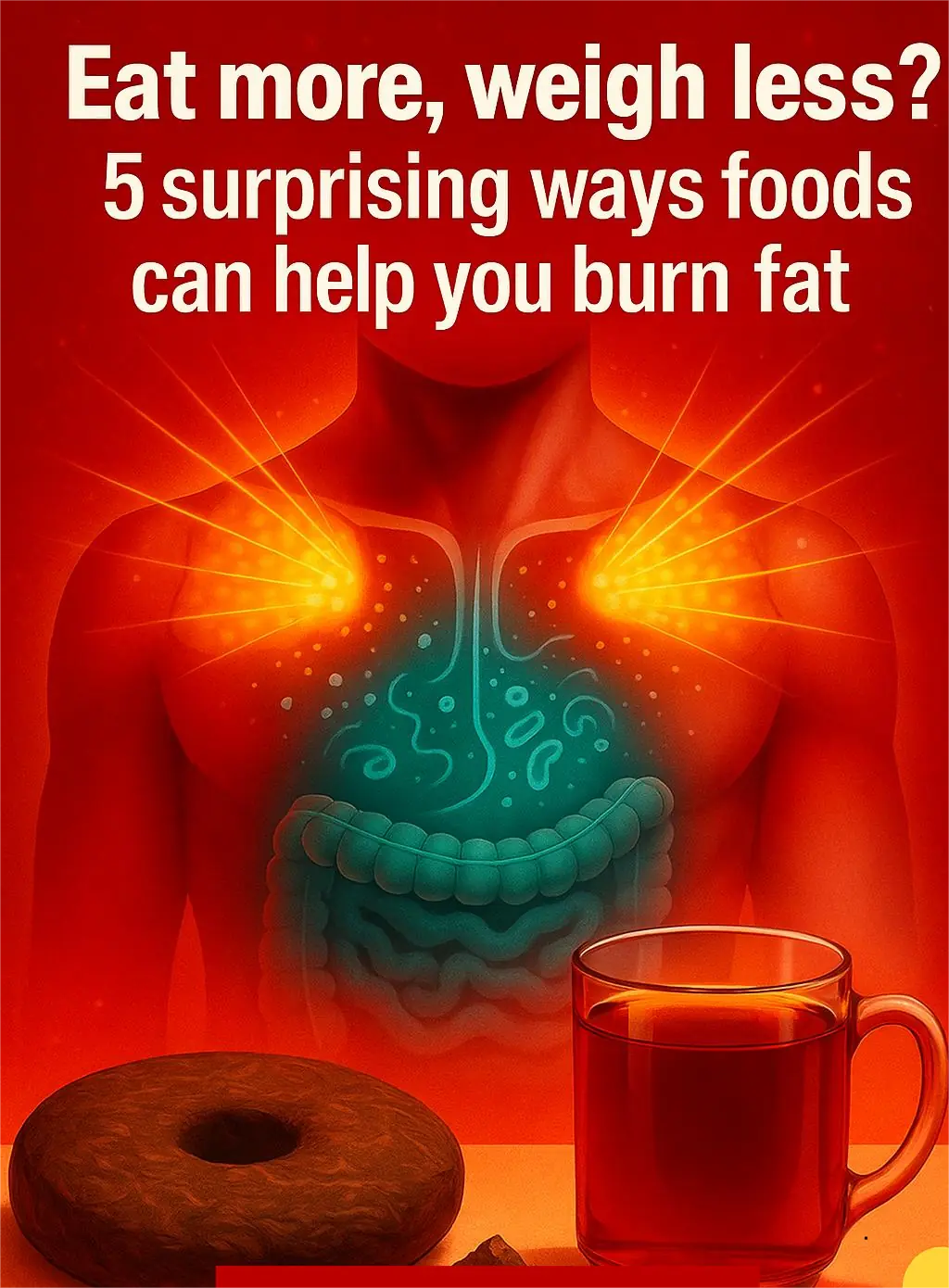
Top 11 Nutrients To Destroy Cancer Stem Cells

The foods you consume have a profound effect on cancer stem cells, a particularly dangerous subset of cancer cells. Unlike ordinary cancer cells, cancer stem cells have unique abilities that allow them to fuel tumor growth, resist treatment, and spread to other parts of the body. These cells can self-renew, transform into various cell types, and remain unaffected by normal cellular signals or conventional therapies, making them a critical target in cancer prevention and treatment.
Top 11 Nutrients That Help Destroy Cancer Stem Cells
Targeting and eliminating cancer stem cells is essential for both cancer treatment and prevention. While standard treatments like chemotherapy or radiation can shrink tumors, they often leave behind these resilient stem cells, which can later trigger recurrence and metastasis. Fortunately, plant-based nutrients found in fruits, vegetables, and other natural foods can interfere with the mechanisms that allow cancer stem cells to survive and thrive. By incorporating these foods into your diet, you can help prevent cancer progression and support the destruction of cancerous cells.
Number 11: Beta-Glucans
Mushrooms are more than a tasty addition to meals—they contain compounds that specifically target cancer stem cells. Beta-glucans, along with other small molecules called mycochemicals, stimulate the immune system to attack these cells.
Mushroom varieties such as Turkey Tail, Maitake, Shiitake, and Reishi are particularly rich in beta-glucans. Combining extracts from Turkey Tail and Reishi mushrooms has shown promising results for individuals with breast, lung, and gastrointestinal cancers. While there is no universally recommended daily dose, including medicinal mushrooms in your diet can promote anti-tumor effects and trigger apoptosis, or programmed cell death, in cancer cells.
Number 10: Anthocyanins
Anthocyanins are vibrant pigments found in deeply colored fruits and vegetables, including berries (especially bilberries), grapes, eggplant, tea, and blood oranges. With over 600 different types, anthocyanins are potent compounds that help fight cancer by regulating gene activity in cancer stem cells, inducing cell death, and interfering with tumor communication pathways.
These compounds have been shown to assist in treating colorectal cancer, reducing breast tumor growth, and limiting leukemia progression. By consuming fresh or frozen anthocyanin-rich foods regularly, you can naturally support your body’s defenses against cancer.
Number 9: Quercetin
Quercetin is a powerful antioxidant present in vegetables, fruits, teas, and even wine. It combats cancer by blocking the cellular pathways that allow cancer cells to thrive, while simultaneously boosting your body’s natural antioxidant defenses.
High doses of quercetin can impair genes that activate cancer cells, particularly in leukemia. Great sources include apples (especially the peels), raspberries, green tea, red wine, capers, red onions, and dark tomatoes. Many fruits, such as blueberries, blackberries, and grapes, provide both quercetin and anthocyanins, making them excellent additions to a “Rainbow Diet” for cancer prevention.
Number 8: Vitamin D3
Vitamin D3 is critical for immune function and cancer prevention. Your body produces thousands of cancerous cells daily, and insufficient vitamin D3 can allow cancer stem cells to flourish. Studies suggest that daily supplementation of 20,000 IU can slow cancer progression and reduce inflammation, while supporting production of GcMAF, a protein that enhances the immune system’s ability to fight cancer.
Absorption can be reduced by limited sun exposure, certain medications, and decreased cellular oxygen, so supplementation may be necessary. Recommended intake is 20,000 IU per day or 1,000–2,000 IU per 25 pounds of body weight to maintain optimal serum levels of 60–100 ng/ml.
Number 7: Curcumin
Curcumin, the active compound in turmeric, is a potent antioxidant and anti-inflammatory agent. It interacts with cancer stem cell pathways, regulating growth factors, controlling inflammation, inhibiting tumor angiogenesis (blood vessel formation), and promoting apoptosis.
Curcumin has been shown to target cancer stem cells in a wide array of cancers, including breast, cervical, colorectal, pancreatic, lung, liver, prostate, ovarian, kidney, bladder, brain, rectal, leukemia, and non-Hodgkin’s lymphoma. For optimal absorption, combine turmeric with black pepper (which contains piperine) and a fat-based meal. Supplements ranging from 500–3,000 mg per day may provide the most potent effects, as getting therapeutic levels from food alone is challenging.
Number 6: Lycopene
Lycopene, found in red fruits and vegetables like tomatoes, watermelon, pink grapefruit, and red oranges, can disrupt cancer cell survival pathways, leading to cell self-destruction. Research indicates lycopene may protect against prostate, lung, colon, and cervical cancers. Cooking tomatoes with skins intact preserves lycopene, while supplementation (30–50 mg daily with vitamin E and selenium) may boost cancer-fighting potential.
Number 5: Sulforaphane
Sulforaphane, a compound in cruciferous vegetables like broccoli, cauliflower, kale, and Brussels sprouts, stimulates detoxification pathways, enhances antioxidant production, improves gut health, reduces inflammation, and supports the removal of cancer-causing toxins. Broccoli and cauliflower sprouts contain up to 100 times more sulforaphane precursors than mature vegetables, making them especially potent. Supplementing with 300–600 mg per day can further benefit individuals with hormone-sensitive cancers.
Number 4: EGCG
Epigallocatechin gallate (EGCG) in green tea is a powerful antioxidant that disrupts cancer cell signaling. Regular consumption can reduce the risk of breast, colon, prostate, and lung cancers. Matcha green tea provides up to 10 times more EGCG than standard green tea. Supplements of 400–800 mg per day are effective but should be taken earlier in the day due to mild stimulation.
Number 3: Resveratrol
Resveratrol, found in grape skins and red wine, promotes cellular repair, extends cell lifespan, and offers protection against cancers of the prostate, liver, pancreas, colon, and skin. Daily doses of 20–100 mg for prevention, or 200 mg+ for therapeutic support, are recommended.
Number 2: 6-Gingerol
Ginger contains 6-gingerol, a phytonutrient with antioxidant and anti-cancer properties. It protects cells from free radical damage, supports the nervous system, and enhances antioxidant defenses. Daily consumption of ginger tea or incorporating fermented ginger into meals can help maximize these benefits.
Number 1: Ursolic Acid
Ursolic acid, present in apple peels, holy basil, rosemary, oregano, and thyme, reduces inflammation and induces cancer cell apoptosis. Supplementing with 150–300 mg three times daily is recommended for therapeutic effects, while continuing to enjoy natural food sources for overall health support.
Dietary Guidelines to Support Cancer Prevention
-
Eliminate dairy, processed meats, sugary drinks, and soda to reduce inflammation and cancer risk.
-
Add antioxidant-rich berries daily to neutralize free radicals.
-
Include mushrooms (2 per day) for immune-boosting beta-glucans.
-
Drink fresh organic vegetable juices for concentrated cancer-protective nutrients.
-
Focus on whole foods like fruits, vegetables, legumes, and whole grains.
-
Include lean meats, poultry, and fatty fish, while minimizing red meat intake.
By making these dietary changes, you harness the power of natural foods to help prevent cancer, support treatment, and strengthen overall health. Combining nutrient-rich foods with a healthy lifestyle can give your body the tools it needs to combat cancer stem cells and improve long-term wellness.
News in the same category

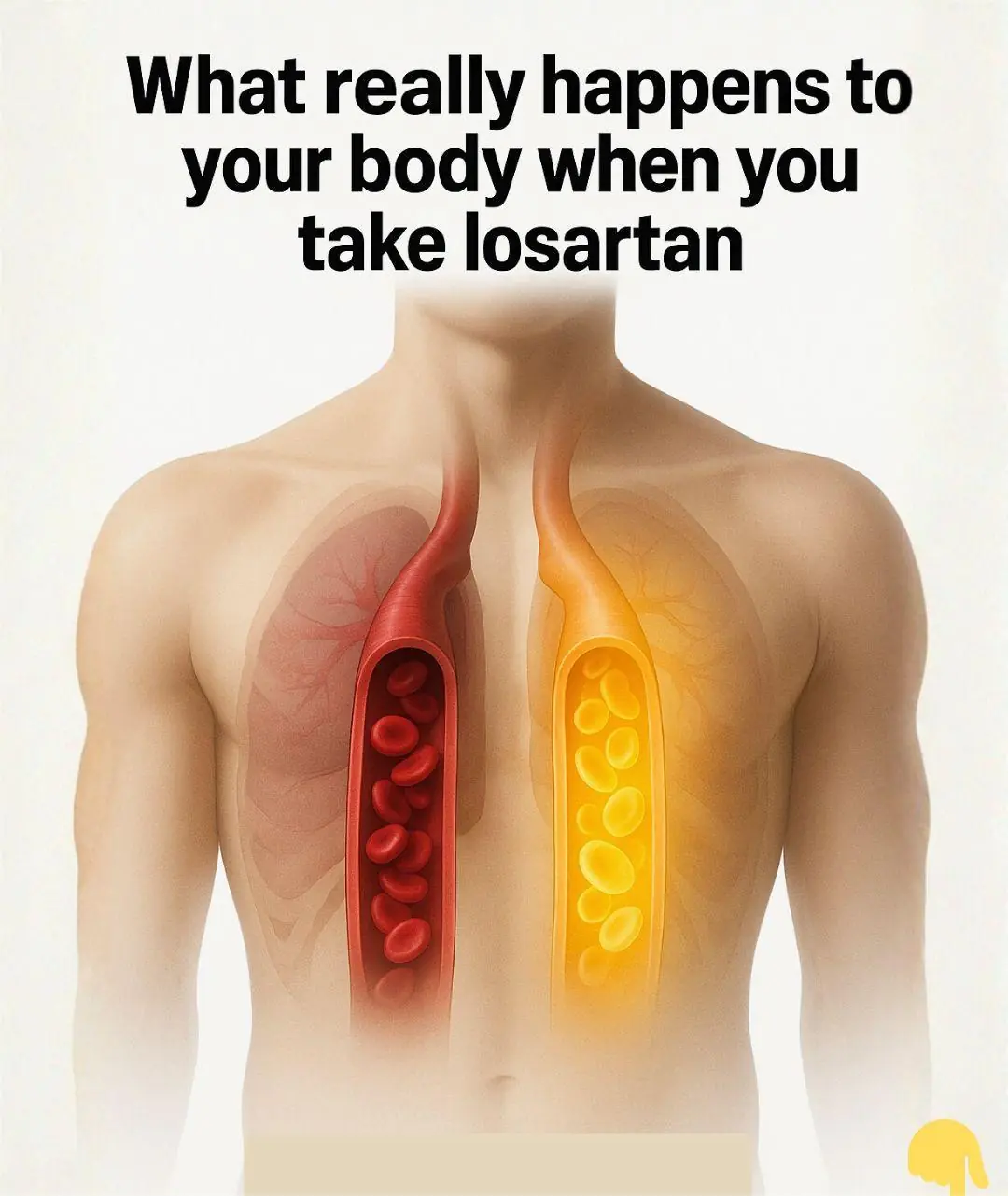
What really happens to your body when you take LOSARTAN
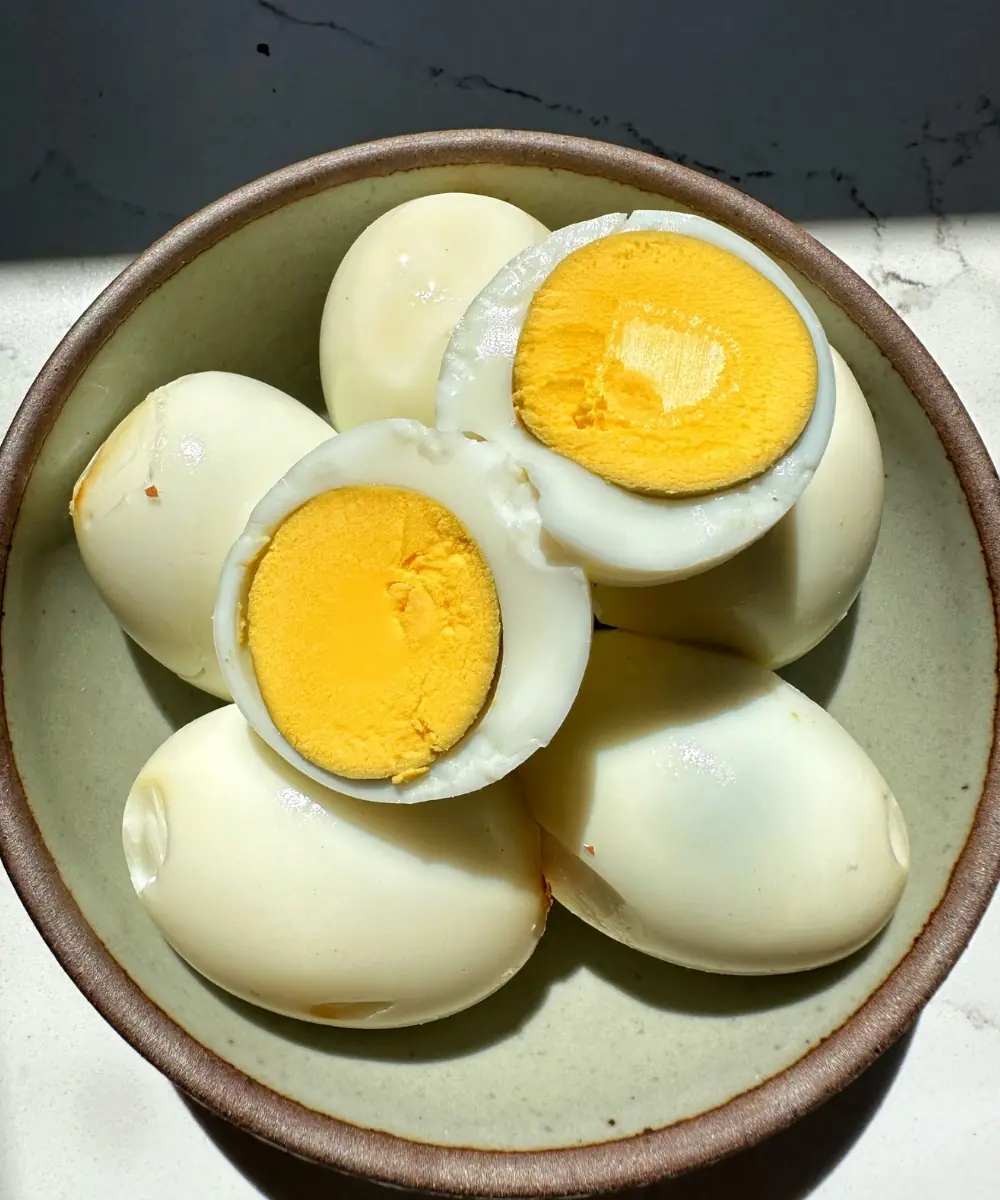
Stop Eating Eggs Immediately If Your Body Shows These 8 Signs

Sarcopenia: Causes of Muscle Loss and How to Regain Strength
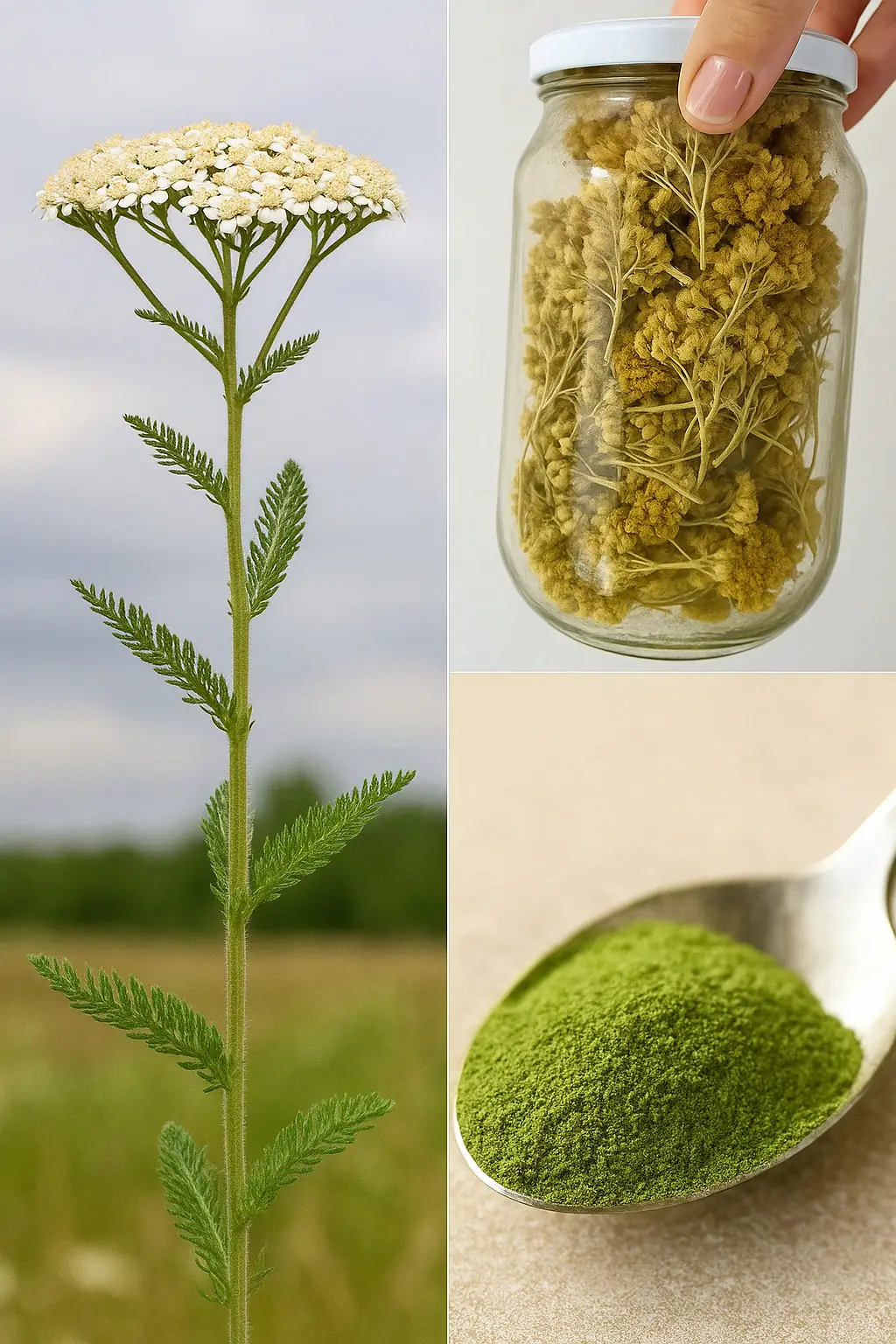
Yarrow: A Timeless Herbal Ally with Amazing Health Benefits
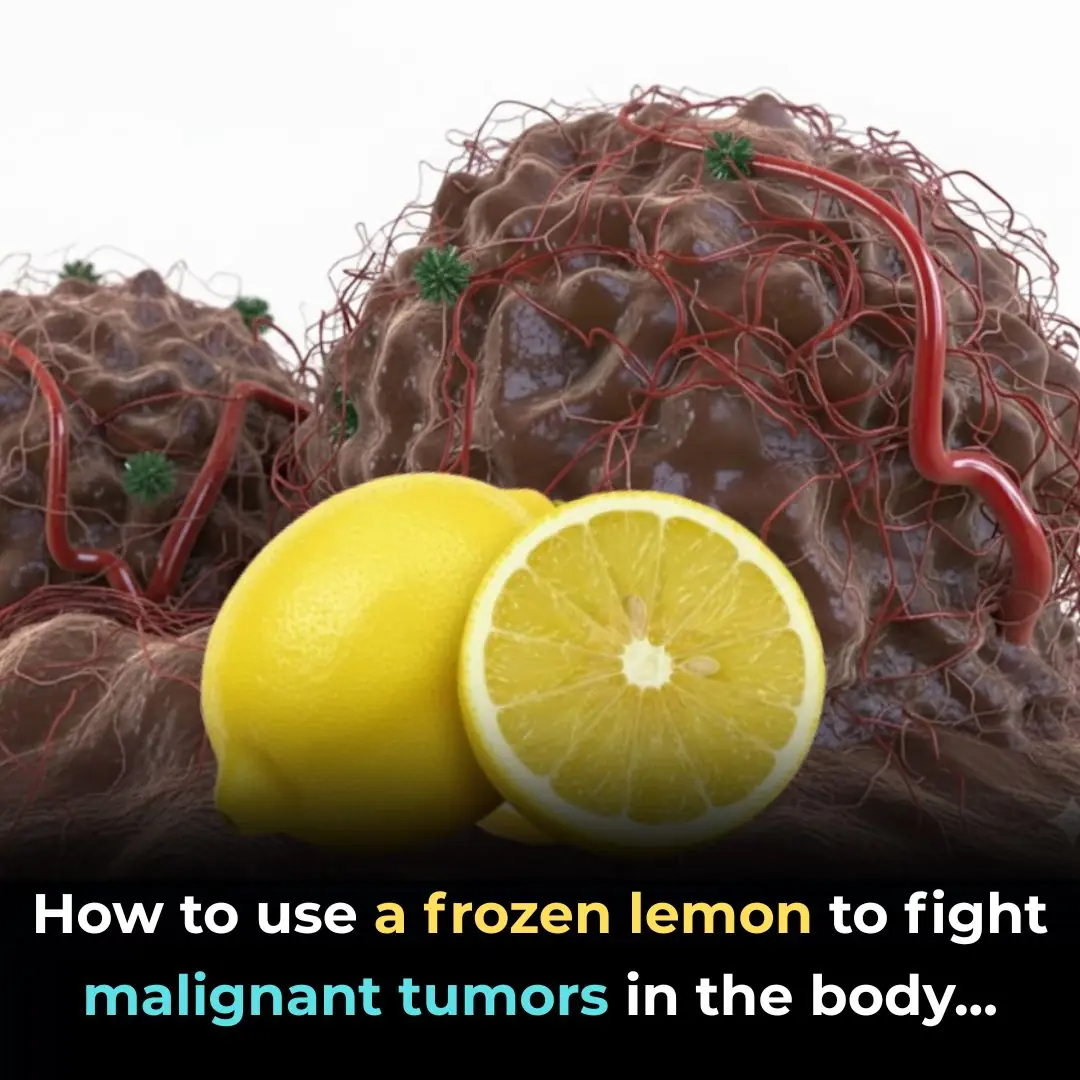
How To Use a Frozen Lemon To Fight Malignant Tumors in The Body

Cocoa flavanols may protect blood vessels even when you sit for hours

Major Signs You Are Magnesium Deficient (and What To Do About It!)
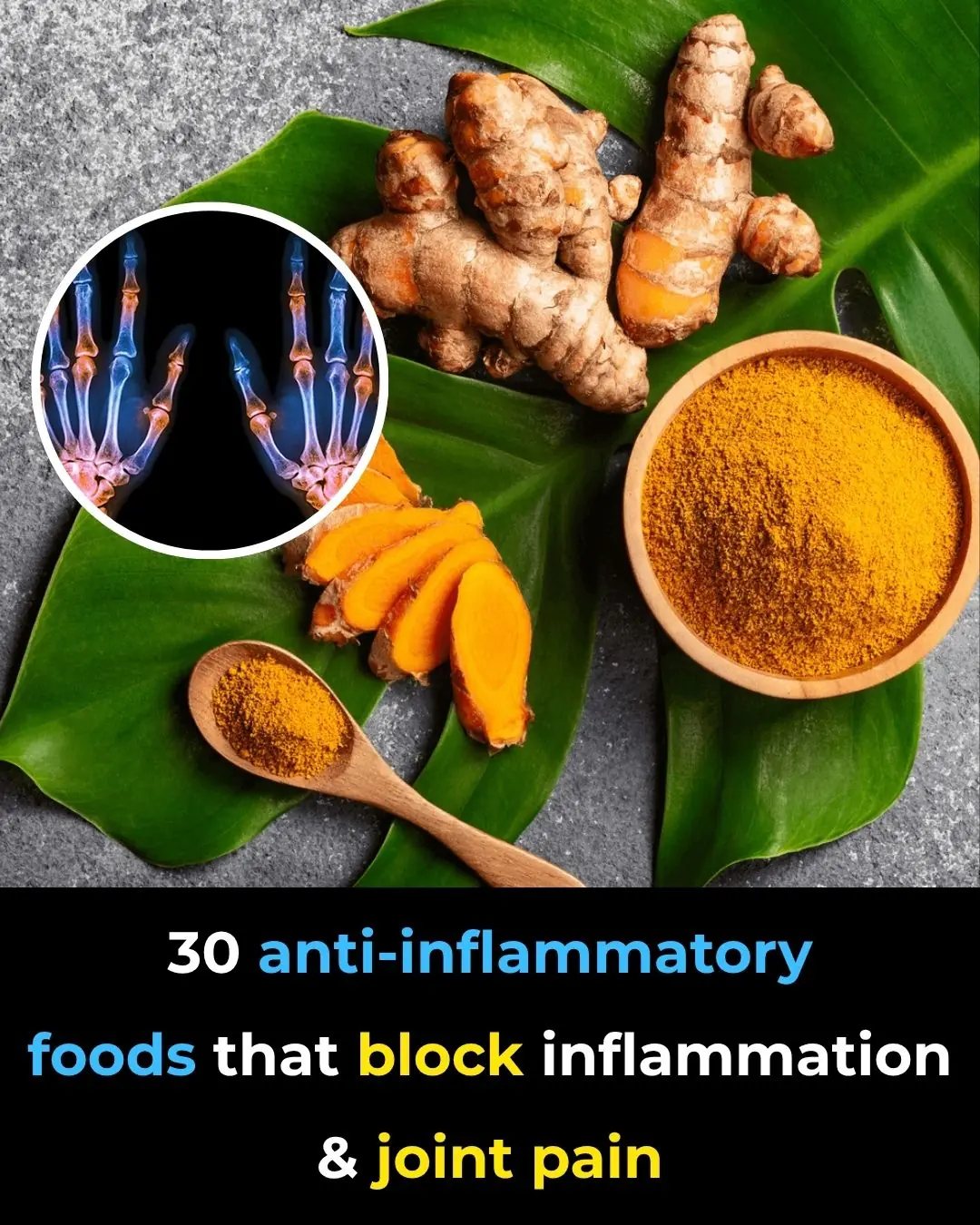
30 Anti-inflammatory Foods That Block Inflammation & Joint Pain (backed by science)

2 Signs of Kidney Failure: If Your Morning Urine Shows This Sign, See a Doctor Immediately
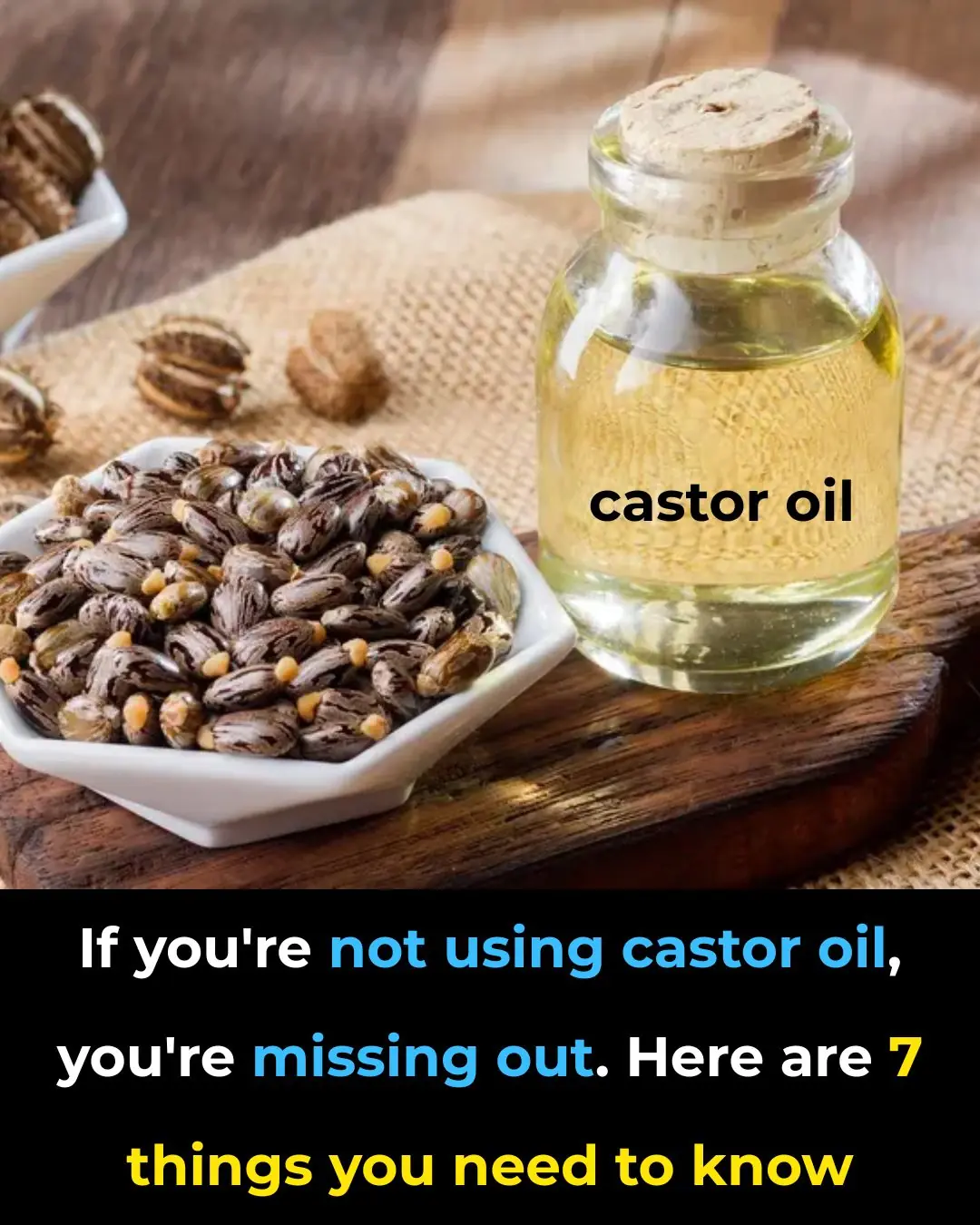
If You’re Not Using Castor Oil You’re Missing Out
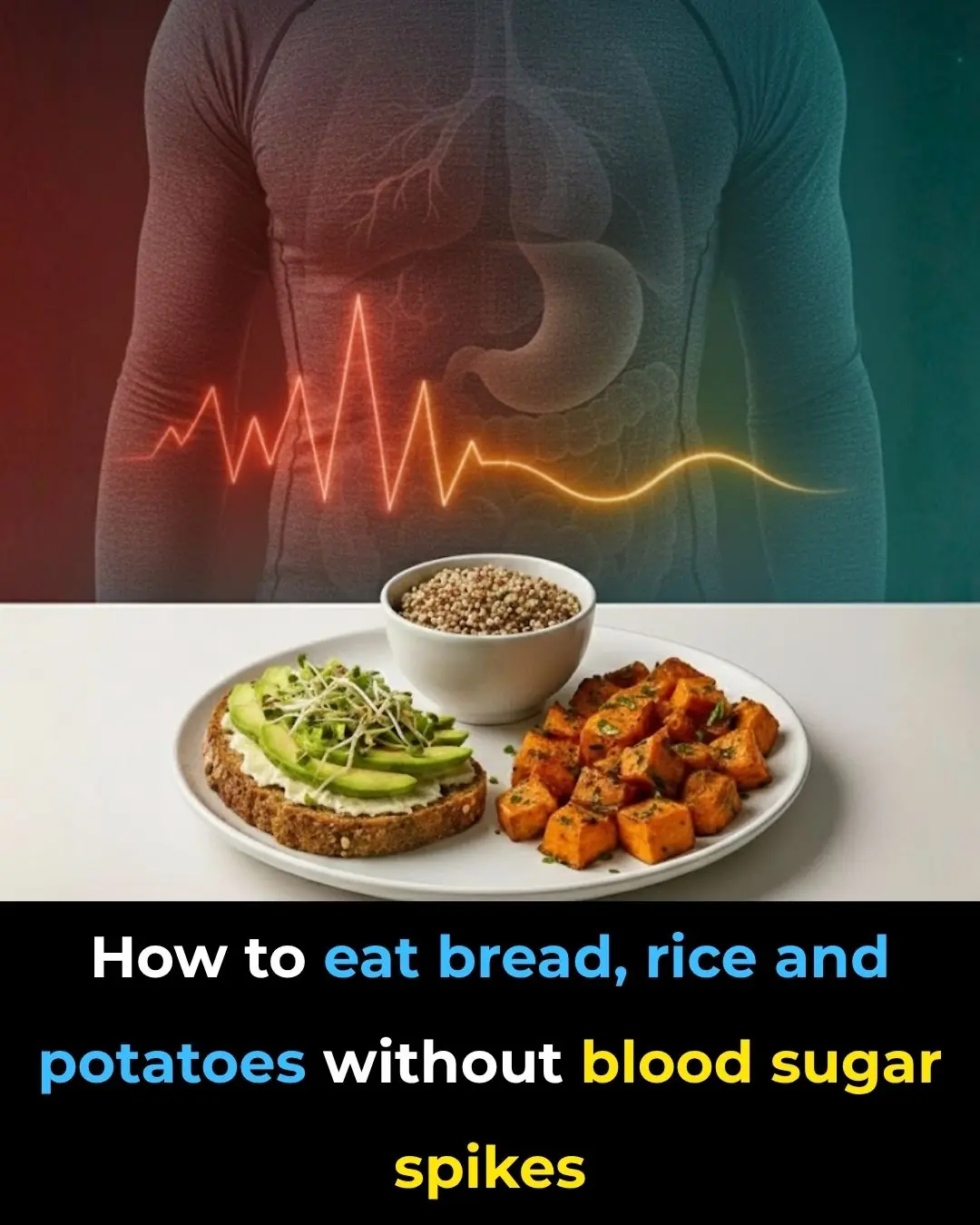
How to eat bread, rice, and potatoes without blood sugar spikes

Silent heart attack — the pain no one recognizes in time

The HIDDEN cause of neck and shoulder pain nobody talks about

Health officials issue warning over ‘very contagious’ disease spreading across US state
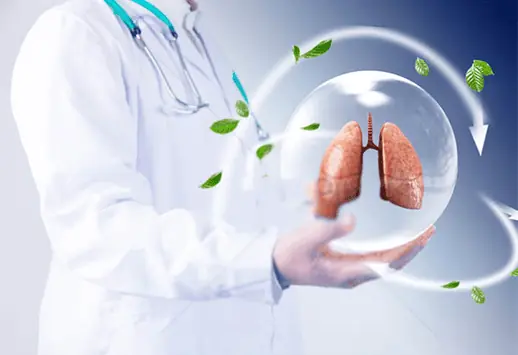
🫁 1 Cup to Cleanse Your Lungs of Phlegm and Toxins Naturally
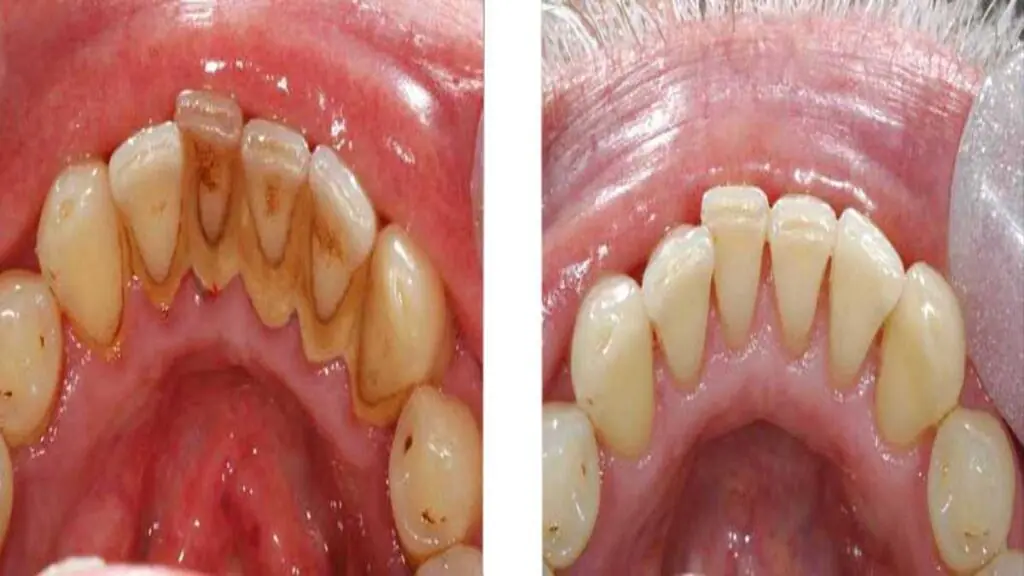
🦷 The #1 Best Remedy for Dental Plaque and Tartar Buildup (Dentist-Approved Home Method)
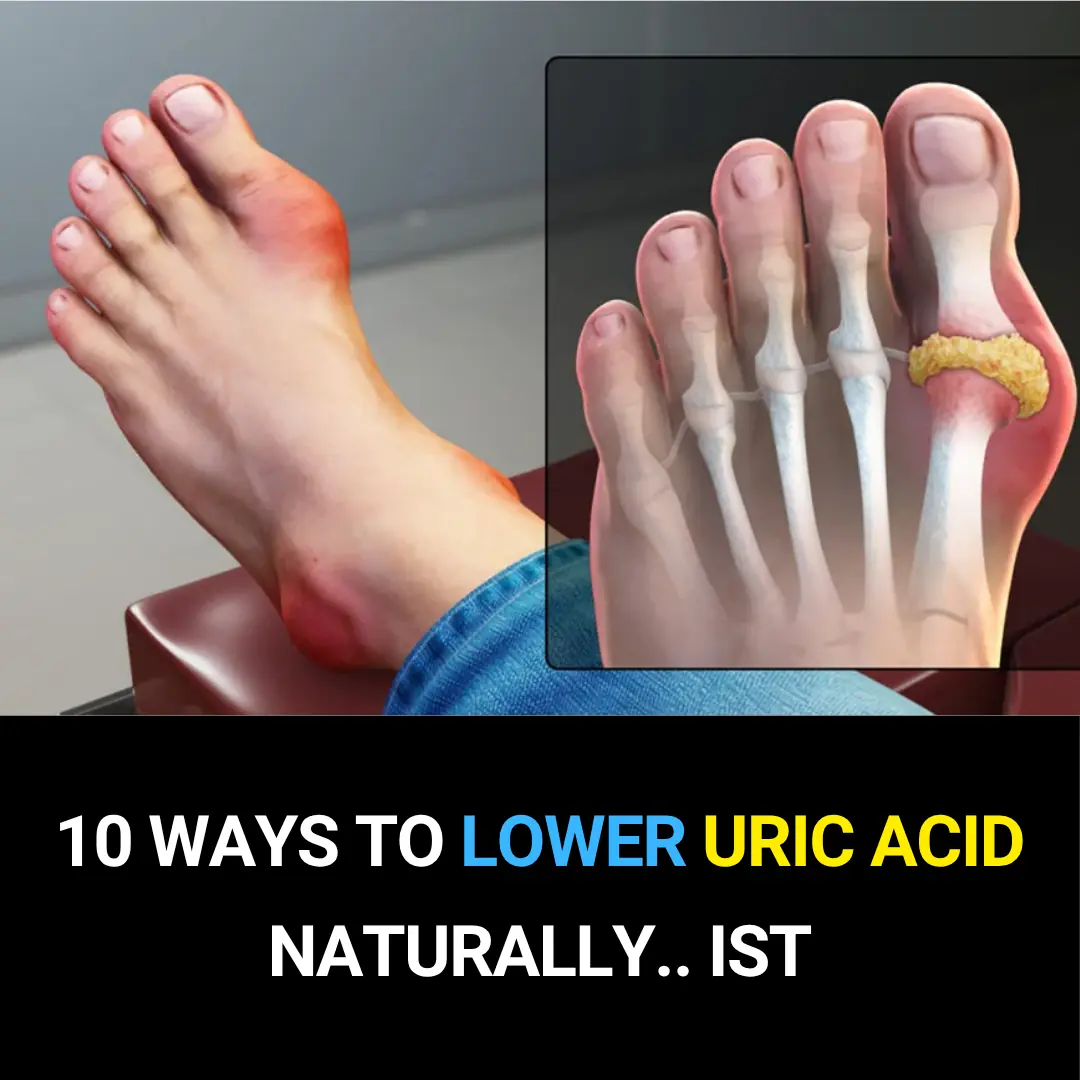
10 Proven Ways to Lower Uric Acid Naturally (Backed by Science)
News Post

Eat more, weigh less? 5 surprising ways foods can help you burn fat

What really happens to your body when you take LOSARTAN

Stop Eating Eggs Immediately If Your Body Shows These 8 Signs

Sarcopenia: Causes of Muscle Loss and How to Regain Strength

Yarrow: A Timeless Herbal Ally with Amazing Health Benefits

The Heartbeat of Compassion: The Unlikely Hero Who Saved a Hippo's Life

Zoo in Thailand Shut Down After Bears in Giant Hamster Balls Turn on Guests
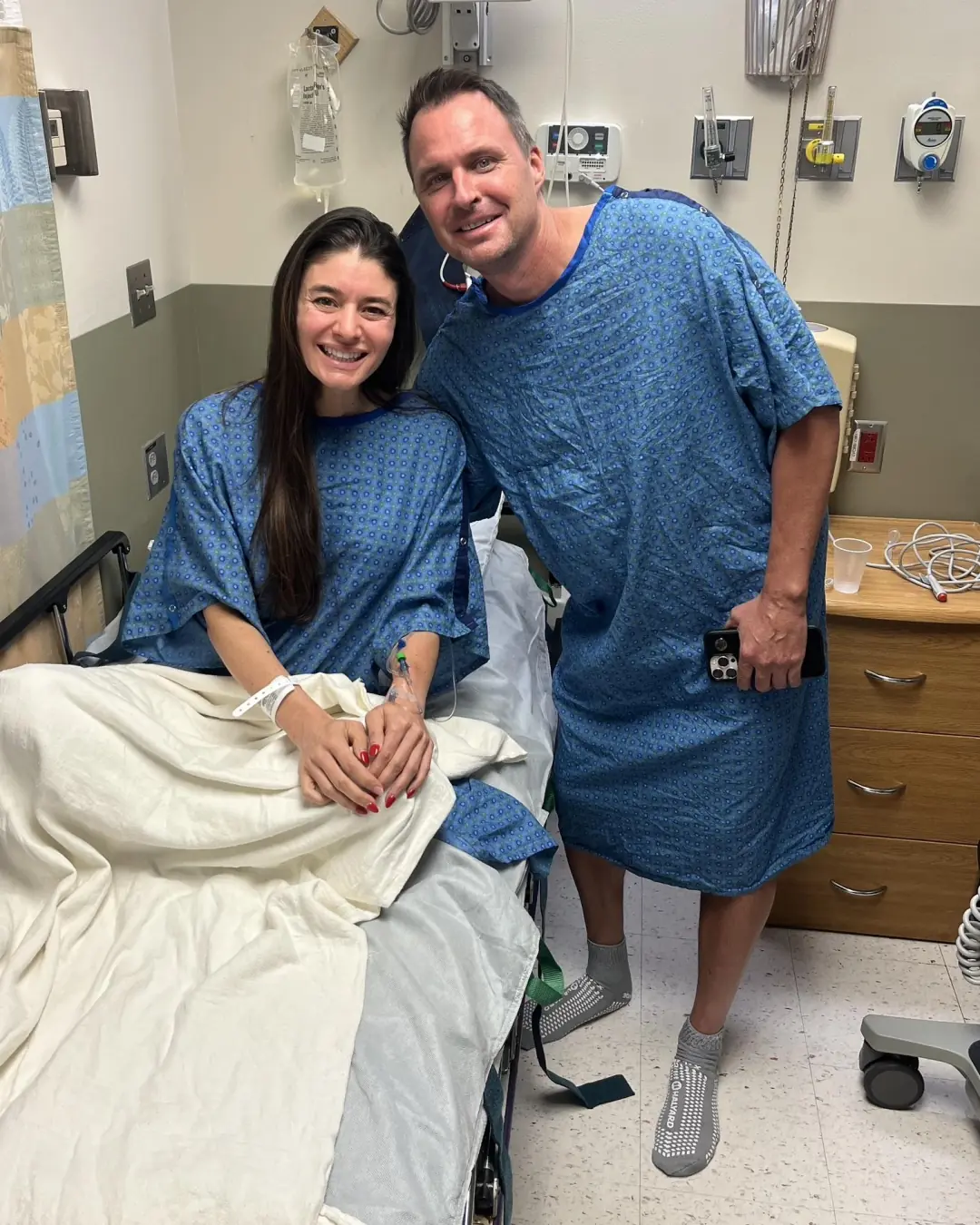
A Pitcher’s Second Chance: How a High School Classmate Stepped Up to Save Steven Register’s Life

Rooting for Will: A Tuesday of Joy Before a Wednesday of Courage

Two Hearts That Needed Each Other.

The Mother Who Delivered More Than Food.

The Boy Who Paid for a Stranger’s Meal When No One Was Watching.

How To Use a Frozen Lemon To Fight Malignant Tumors in The Body

Can I Eat Without Hiding Now?

He Thought It Was Just Another Shift — Until a Life Was Placed in His Hands.
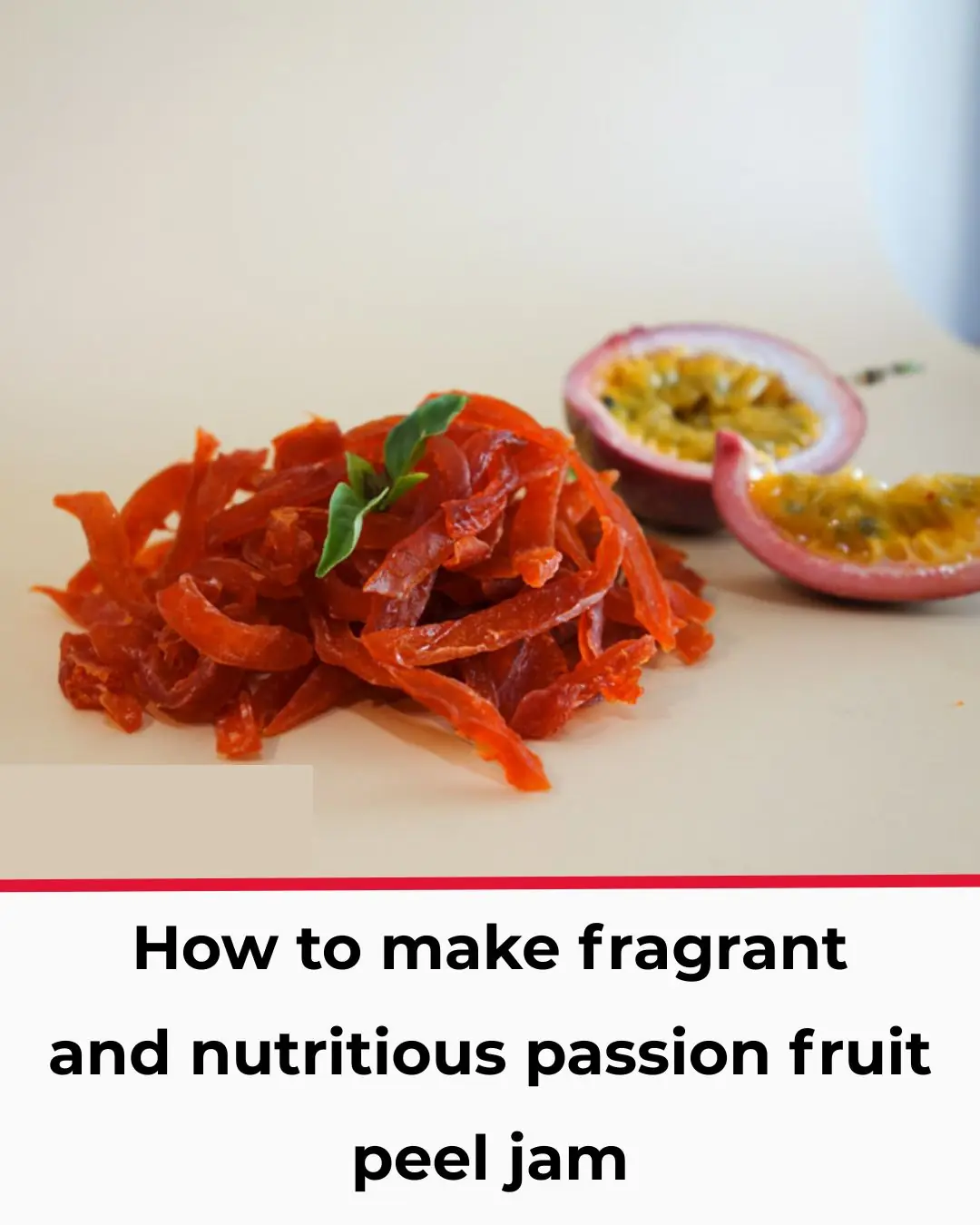
How to make fragrant and nutritious passion fruit peel jam

The refrigerator gasket is moldy, use this to clean it, it will be clean in just 5 minutes
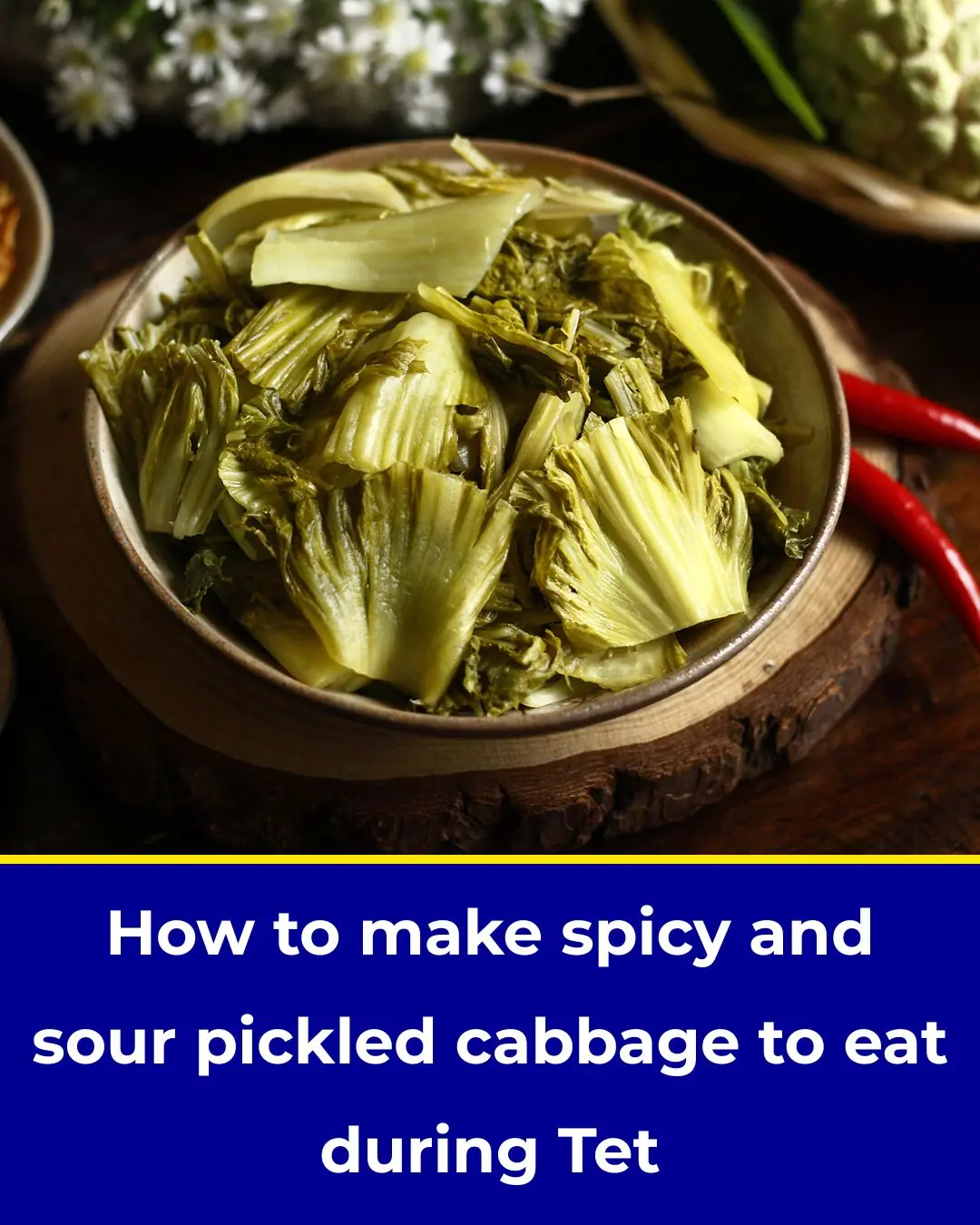
How to make spicy and sour pickled cabbage to eat during Tet

Winter drink lemon honey ginger water, body 5 special benefits
